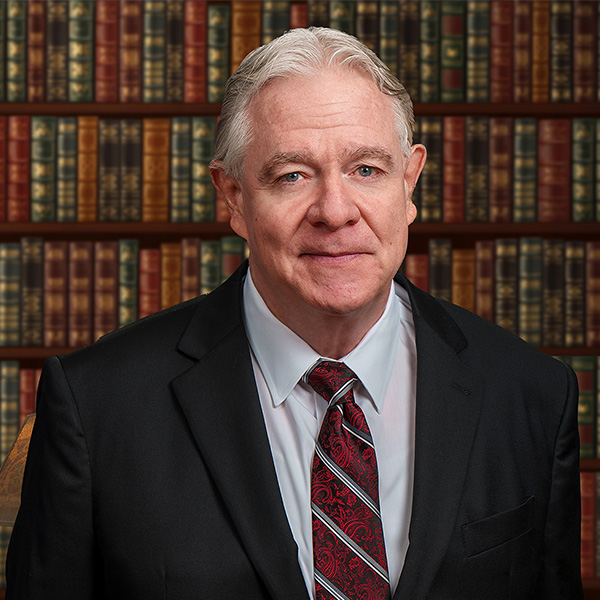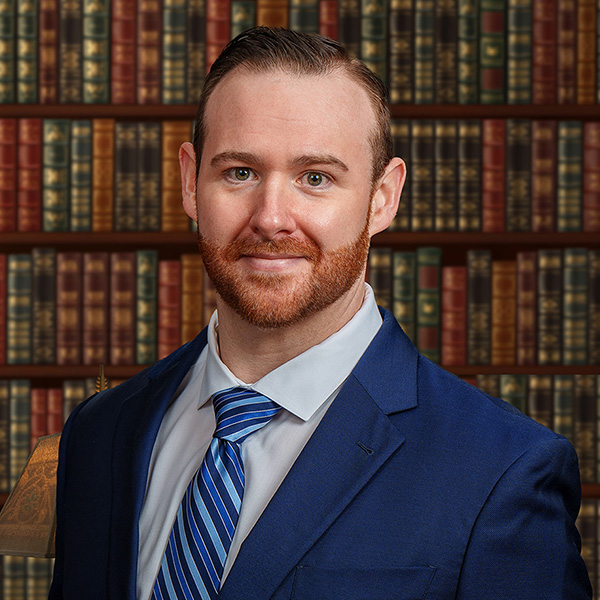Public transportation plays a vital role in the lives of many Pennsylvanians, providing a reliable and efficient means of travel for thousands of commuters daily. However, despite the numerous benefits it offers, public transportation is not without risks. Tragic accidents can occur, sometimes resulting in the loss of life. When such accidents happen due to negligence or misconduct by public transportation providers, families of the deceased may have grounds for a wrongful death claim. This process can be complex, requiring a thorough understanding of the law and meticulous attention to detail. It is essential to know the legal framework and procedural requirements for pursuing these claims in Pennsylvania.
Understanding Wrongful Death Claims
Wrongful death claims arise when an individual’s death is caused by the negligence, recklessness, or intentional actions of another party. In the context of public transportation, this could involve a variety of scenarios, such as a bus accident caused by driver error, a train derailment due to poor maintenance, or a pedestrian struck by a transit vehicle. The fundamental purpose of a wrongful death claim is to seek compensation for the losses suffered by the deceased’s family. These losses can include funeral and burial expenses, loss of income and support, loss of companionship, and emotional suffering.
Public Transportation Providers and Duty of Care
Public transportation providers, including municipal bus services, regional rail systems, and other transit agencies, owe a duty of care to their passengers, employees, and the public. This duty of care encompasses ensuring that their vehicles are safely operated, properly maintained, and adequately staffed with competent personnel. When a transportation provider fails to meet this duty of care, resulting in a fatal accident, they can be held legally accountable through a wrongful death claim. Demonstrating this breach of duty is a critical element in such cases.
“Highly Recommended” is the epitome of an understatement when it comes to the firm of McDonald At Law!! Michael McDonald’s genuine pleasant, and empathetic demeanor masks his legal astuteness, and the level of aggressiveness he implements in pursuit of a victim’s right and the monetary compensation legally entitled to us. I was involved in a motor vehicle accident at the hands of an intoxicated driver in York County. In my case I suffered what I described as an atypical injury, Mr. McDonald offered to be my Lawyer immediately after explaining to him the events leading to and after being struck in turn causing me to have a heart attack, when another law firm seemed hesitant. McDonald At Law secured a sizable monetary compensation that not only met my expectation but exceeded it. Mr. McDonald’s wealth of experience, and legal prowess is priceless and never did he act as the case was beneath his practice. In the end my family and I were well compensated, but also felt justified. Thank you McDonald At Law!!- Miguel Lopez
Establishing Liability
To successfully pursue a wrongful death claim against a public transportation provider, it is necessary to establish liability. This involves proving that the provider’s negligence directly caused the death of the individual. Evidence can include accident reports, witness testimonies, analysis, and maintenance records. Additionally, it is crucial to show that the death has led to significant damages for the surviving family members. Establishing this causal link between the provider’s actions and the resulting fatality can be challenging and often requires the experience of legal professionals experienced in handling such cases.
Statutory Regulations and Immunities
One of the complexities in wrongful death claims against public transportation providers in Pennsylvania is navigating the statutory regulations and potential immunities that may apply. Public transportation agencies may be government entities or quasi-governmental organizations, which can sometimes afford them certain protections under state law. The Pennsylvania Sovereign Immunity Act, for instance, grants immunity to government entities from certain types of lawsuits, although there are exceptions. Identifying whether an exception applies in a wrongful death case is a critical step that can significantly impact the claim’s success.
Filing a Wrongful Death Claim
The process of filing a wrongful death claim involves several steps, each requiring careful attention to detail. First, the claim must be initiated by an eligible party, typically a close family member or the executor of the deceased’s estate. Pennsylvania law stipulates specific time limits, known as statutes of limitations, within which a wrongful death claim must be filed. Failure to adhere to these timeframes can result in the claim being barred. Gathering and preserving evidence is another essential component, as it forms the foundation of the case. This includes obtaining accident reports, medical records, and any other documentation that can support the claim.
Putting off an Attorney due to Cost Choosing a Personal Injury AttorneyRelated Videos
Compensation and Damages
The damages recoverable in a wrongful death claim can vary widely, depending on the circumstances of the case and the impact on the deceased’s family. Compensation may cover economic damages such as medical expenses incurred prior to death, funeral and burial costs, and lost wages. Non-economic damages, which can be more challenging to quantify, include pain and suffering, loss of companionship, and emotional distress. In some cases, punitive damages may also be awarded if the defendant’s conduct was particularly egregious. Understanding the full scope of potential damages is crucial for ensuring that the family receives the compensation they deserve.
Challenges in Pursuing Claims
Pursuing a wrongful death claim against a public transportation provider can be fraught with challenges. These can include complex legal procedures, resistance from the transportation provider or their insurers, and the emotional toll on the family. Public transportation providers often have substantial resources and legal teams dedicated to defending against such claims. This disparity can make it difficult for grieving families to navigate the legal process alone. Additionally, gathering sufficient evidence to prove negligence and causation can be daunting, particularly when dealing with large organizations.
Verdicts & Settlements
Importance of Legal Representation
Given the complexities and challenges involved in wrongful death claims against public transportation providers, having experienced legal representation is paramount. An attorney can help navigate the legal landscape, gather and present compelling evidence, negotiate with opposing parties, and advocate for the family’s best interests. Legal representation can also provide much-needed support and guidance during a difficult and emotional time, ensuring that the family’s rights are protected and that they have the best chance of securing a favorable outcome.
Fight for the Justice You and Your Loved One Deserve: Contact McDonald At Law Today
If you have lost a loved one due to the negligence of a public transportation provider, it is crucial to seek legal assistance as soon as possible. The legal team at McDonald At Law is committed to helping families in their pursuit of justice. With extensive experience in wrongful death claims, our attorneys understand the intricacies of Pennsylvania law and are dedicated to providing compassionate and effective representation. We will work tirelessly to ensure that your family receives the compensation and closure you deserve.
Contact McDonald At Law today to schedule a consultation — and take the first step toward holding those responsible accountable for their actions.



